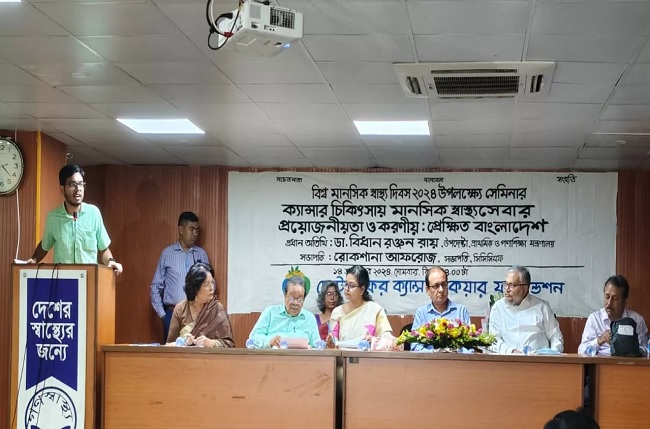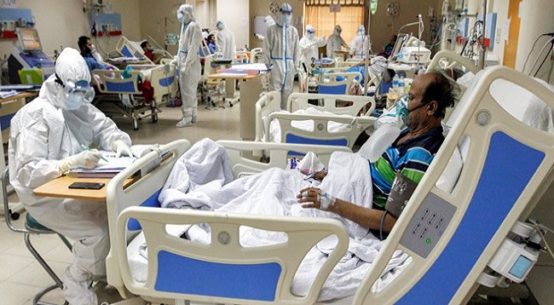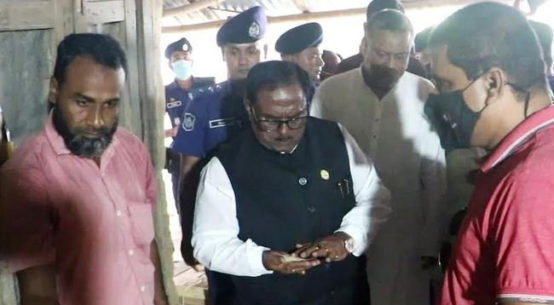
Mental health support plays a critical role in helping cancer patients cope with the emotional burden of the disease, according to cancer experts and survivors.
They came up with the demand at a seminar organised by Centre for Cancer Care Foundation (CCCF) in Dhaka on Monday on the occasion of World Mental Health Day.
The seminar emphasised the urgent need to integrate mental health services into cancer treatment in Bangladesh, where the availability of care remains alarmingly low.
A number of cancer survivors shared their shocking personal stories at the event.
Mohammad Pratik, a cancer survivor, shared how his diagnosis deeply affected him emotionally.
“When the doctor informed me of my condition, it felt like the world was collapsing around me,” he recalled, emphasising that psychological support during these critical moments can offer much-needed courage and inspiration for patients grappling with their diagnosis.
Nasrin Banu, a breast cancer survivor who has battled the disease for 15 years, also highlighted the significance of comprehensive care.
At the seminar, CCCF president and cancer survivor Roksana Afroz highlighted the dire state of cancer care facilities in Bangladesh.
With only 14 of the 36 government hospitals offering cancer treatment services, the system is overwhelmed by the rising number of cases.
Roksana pointed out, “Around 1.5 million people in the country are currently battling cancer, and around 150,000 new cases emerge each year. Sadly, more than 100,000 die annually.”
She went on to say that a lack of doctors, nurses, and modern equipment has compounded the challenges.
“Many cancer patients are diagnosed too late, reducing their chances of survival. Early detection is key, but low public awareness about warning signs and a shortage of facilities delay diagnosis and treatment,” she told her audience.


